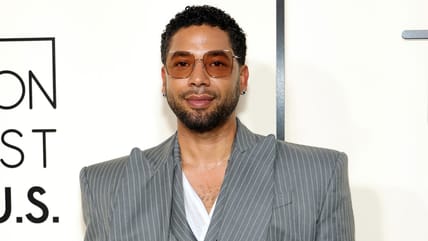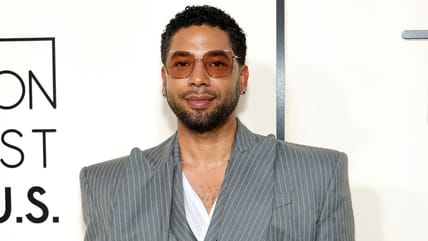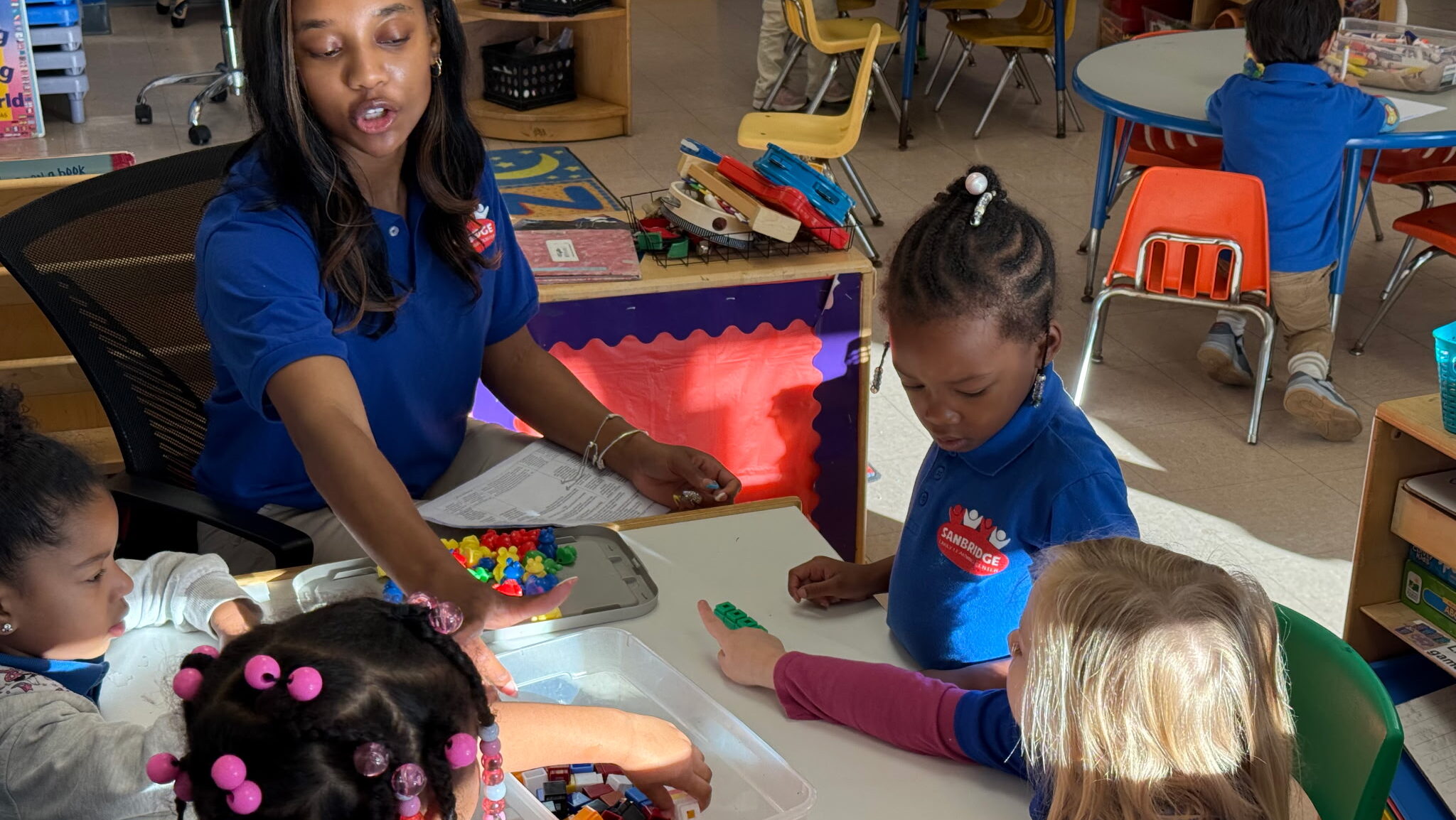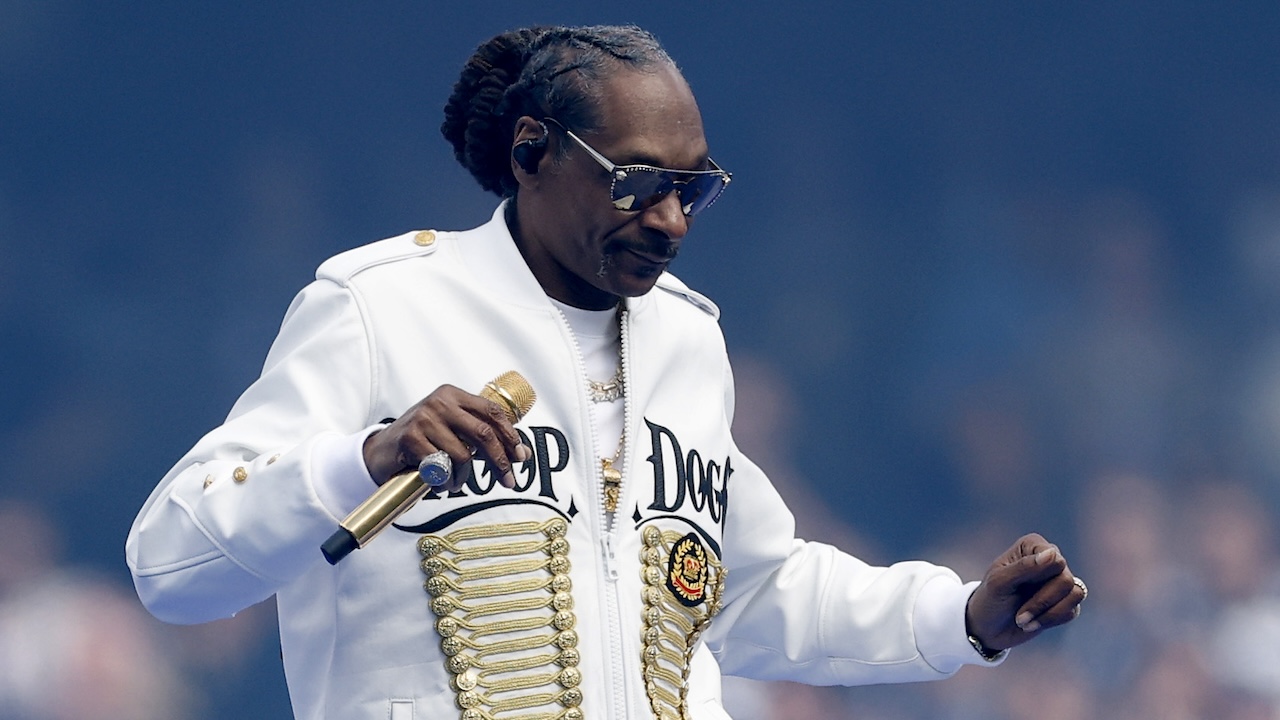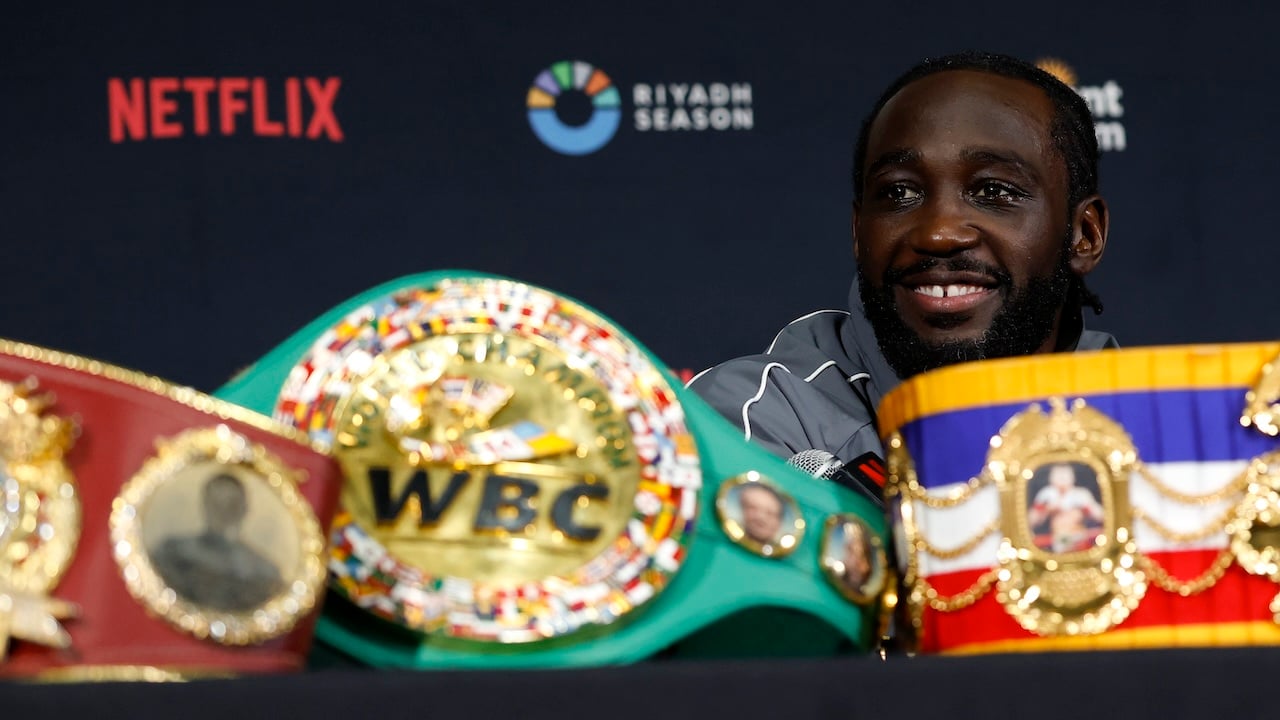It’s been 25 years since “106 & Park” first aired, and even now, it lives rent-free in our cultural memory. It wasn’t just a music countdown show—it was the space. A safe zone. A stage where Black teens saw themselves celebrated, where rising stars turned into icons, and where hosts felt like your cooler cousins who just got it.
Before Instagram and TikTok algorithms ran the show, “106 & Park” was where the culture moved. It gave us Beyoncé’s 25th birthday party, Aaliyah’s last sit-down interview, and couch moments so legendary they’ve been immortalized in museums. For a lot of us, whether we were aspiring journalists, creatives, or just kids soaking it all in, it wasn’t just TV—it was the blueprint. And now that I’m the one asking the questions, I can say without hesitation: that stage shaped me.
Now, as BET gears up to bring a taste of “106 & Park” nostalgia to the 2025 BET Awards, I sat down with three of the hosts who shaped the show’s golden years —Terrence J, Rocsi Diaz, and AJ Calloway—to talk about its legacy, its impact, and the love that still lingers decades later.
“This show is the love of my life,” Terrence J expressed. “What we were able to do… it was the pinnacle of culture meeting technology, where America was at the time. When I look back at this celebration of 25 years, I view it in a much different way than I would have five years ago, 10 years ago, or when I just left the show.”
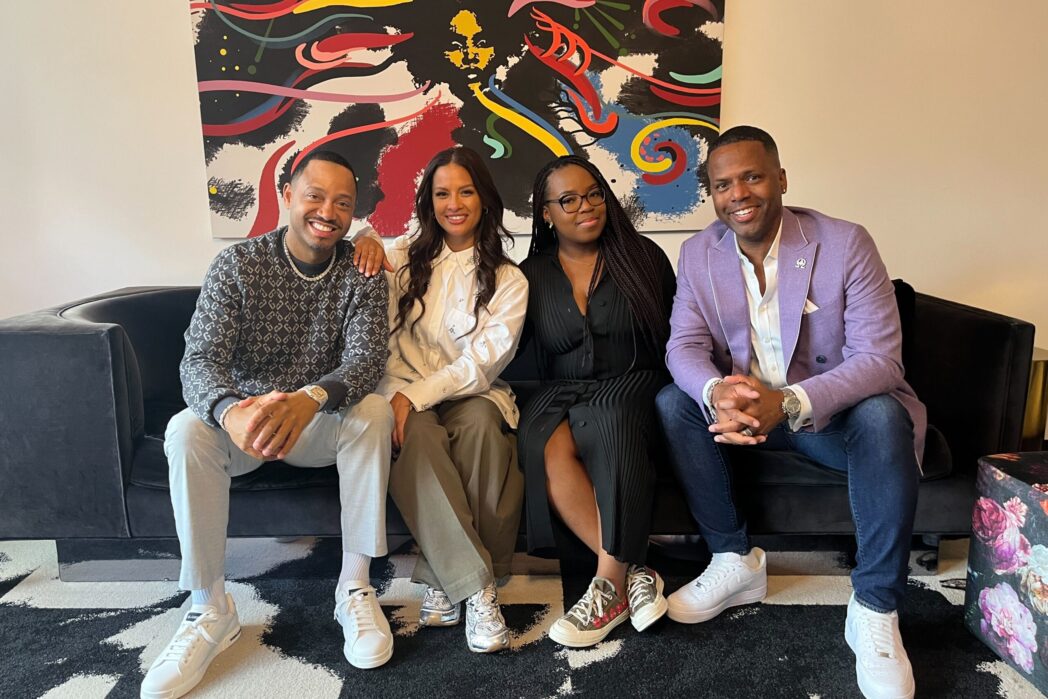
sit down with theGrio’s Haniyah Philogene on May 7, 2025 (Photo Credit: Haniyah Philogene)
“I’m 50 now. I started the show when I was 26,” Calloway, the show’s very first co-host, reflected. “To be alive to see the network recognize the work is extremely special… to be here for my kids to be able to see it, my mother—that [means] a lot.”
That full-circle feeling isn’t lost on Diaz either. “When I hear 25 years later, it doesn’t even feel like that anymore, because [it’s] the most significant thing and the foundation for everything that we’ve done post-‘106 & Park.’ The foundation of our careers is that show.”
That legacy? You can feel it in the way they talk about each other, the memories, and what it meant to be part of something bigger than themselves. Terrence J recalls being in the audience during a college tour hosted by AJ and Free, watching in real-time as they created the same “genuine moments” we all remember—like Aaliyah’s final interview.
The energy.
The fashion.
The moments.
Whether it was Ginuwine sliding across the stage in that unforgettable entrance, or Jay-Z and Nas standing side by side after squashing one of the most iconic rap beefs in history, it felt larger than life.
But that kind of impact didn’t just happen overnight. AJ, who helped lay the foundation for the show, admits he couldn’t have imagined what “106 & Park” would become. The early days were anything but glamorous. It was built with grit, grind, and a whole lot of community.
“There was a point when no one wanted to give us clothes. I was calling friends [because] my friend owned a shoe store… it was all hands on deck with everyone to make something happen,” he said, describing how his community came through for him. “I had a yellow leather suit on for the first episode because that’s all that was given to me… that was [from] my people.”
Still, there was a power in that struggle—in doing it for the culture before the culture was commodified.
“[106 & Park] was ‘The Little Engine That Could,’ and now it’s a cultural phenomenon, and is an important, crucial part of a lot of people’s [upbringing],” Diaz said.
What they built was more than a show—it was a family. Behind the cameras, the love was just as real as what we saw on screen. From the crew to the crowd, that energy was unmatched.
“There’s nothing like the family experience… the camaraderie that you got [at 106 & Park],” Diaz added.
And that’s part of why, every few months like clockwork, social media discourse starts circulating about a “106 & Park” reboot. But as AJ sees it, what people are really missing is more than just a show, it’s “cultural relevance.”
“They are missing seeing us, in our best light, authentically. Produced by us, backed by us, stories told by us, and I don’t think we have much of that anymore,” he emphasized. “We don’t have a lot of Black-owned media anymore telling authentically Black stories and culturally relevant moments. So they miss the realness of it, in my opinion, the authenticity of the hosts being fans of the people they are interviewing.”
Terrence J echoed the sentiment. “There are a lot of different places to get what you want now. At this time in the world, [“106 & Park“] was a one-stop shop. This was the headquarters for it all. If BET brings it back, I’ll be the biggest cheerleader, but we know the time that we had was a really special time.”
“106 & Park” wasn’t just a countdown—it was communion. It was a space that celebrated Black joy, creativity, and complexity on our terms. As the culture continues to shift, the show’s legacy serves as a reminder of what’s possible when we tell our own stories, for us, by us, without filter.
And now, fans will get the chance to relive that magic. On June 9th, BET is bringing the “106 & Park” legacy back to center stage with a special anniversary celebration at the 2025 BET Awards.
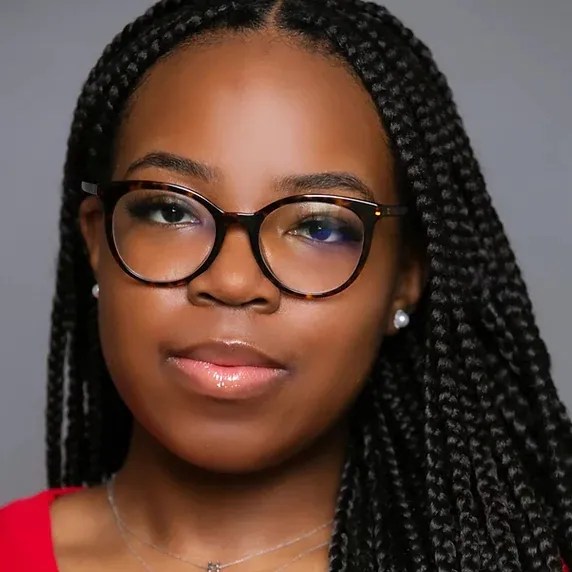
Haniyah Philogene is a Haitian-American multimedia storyteller and lifestyle and entertainment writer covering all things culture. With a passion for digital media, she goes above and beyond to find new ways to tell and share stories.


